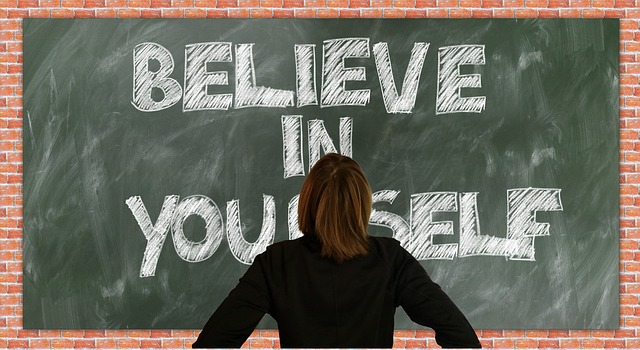Empowering Self-Confidence: Navigating Social Media Impact through Self-Education
In today’s digital age, social media has become an omnipresent force in our lives. It’s a platform for connection, creativity, and self-expression, but it can also be a double-edged sword that affects our self-confidence and mental health. Many of us find ourselves questioning our worth as we scroll through carefully curated feeds, comparing our lives to the seemingly perfect snapshots of others. To combat these feelings, embracing self-education is essential in navigating the social media landscape with confidence.
The Allure and Pressure of Social Media
Social media often creates unrealistic expectations and fosters a culture of comparison. From influencers with flawless appearances to friends showcasing their latest accomplishments, it’s easy to feel inadequate. This constant barrage of curated lives can lead to self-doubt and anxiety, eroding our sense of self-worth. However, we can reclaim our confidence by embracing self-education—the proactive pursuit of knowledge and personal growth.
Understanding the Impact
To empower ourselves, we need to understand how social media affects our perceptions of reality. By educating ourselves about the intricacies of social media algorithms, the effects of likes” and comments, and the potential for distorted realities, we can demystify its impact. Engaging with articles, documentaries, and online courses can open our eyes to the behind-the-scenes operations of these platforms. Knowledge is a powerful antidote to the negative feelings that stem from social media use.
Building Critical Thinking Skills
Relying solely on social media for validation can lead to a toxic cycle. Self-education encourages critical thinking, enabling us to analyze the content we consume. Instead of accepting images and posts at face value, we should question the authenticity behind them. Understanding that social media is often a highlight reel rather than an accurate representation of life allows us to cultivate a healthier relationship with these platforms, reducing feelings of inadequacy.
Practicing Self-Compassion
As we navigate the digital space, self-education also involves learning the art of self-compassion. Instead of comparing ourselves to others, we can educate ourselves on the value of our unique journeys. Engaging in self-reflection and journaling about our experiences can reinforce our self-worth. Read books and listen to podcasts that promote resilience and self-acceptance, reminding us that everyone faces challenges, both online and offline.
Creating a Positive Online Environment
Self-education also empowers us to curate our social media experience. By following accounts that inspire and uplift, we can create a positive online environment that boosts our self-esteem. Seek influencers who promote authenticity, share real-life experiences, and focus on mental health. Surrounding ourselves with positivity can help shift the narrative from comparison to community.
Taking Breaks and Setting Boundaries
Finally, understanding when to step back from social media is crucial for our mental health. Educating ourselves on the signs of burnout can lead to better decision-making about our social media habits. Establishing boundaries, such as limiting screen time or designating “social media-free” days, allows us to reconnect with ourselves and focus on personal growth without distraction.
In a world where social media plays a significant role in shaping self-image, self-education equips us with the tools to navigate its complexities. By fostering self-awareness, critical thinking, and a positive mindset, we can reclaim our self-confidence and thrive in a digitally connected world.




